Does Whataboutism work? A new article has answers.
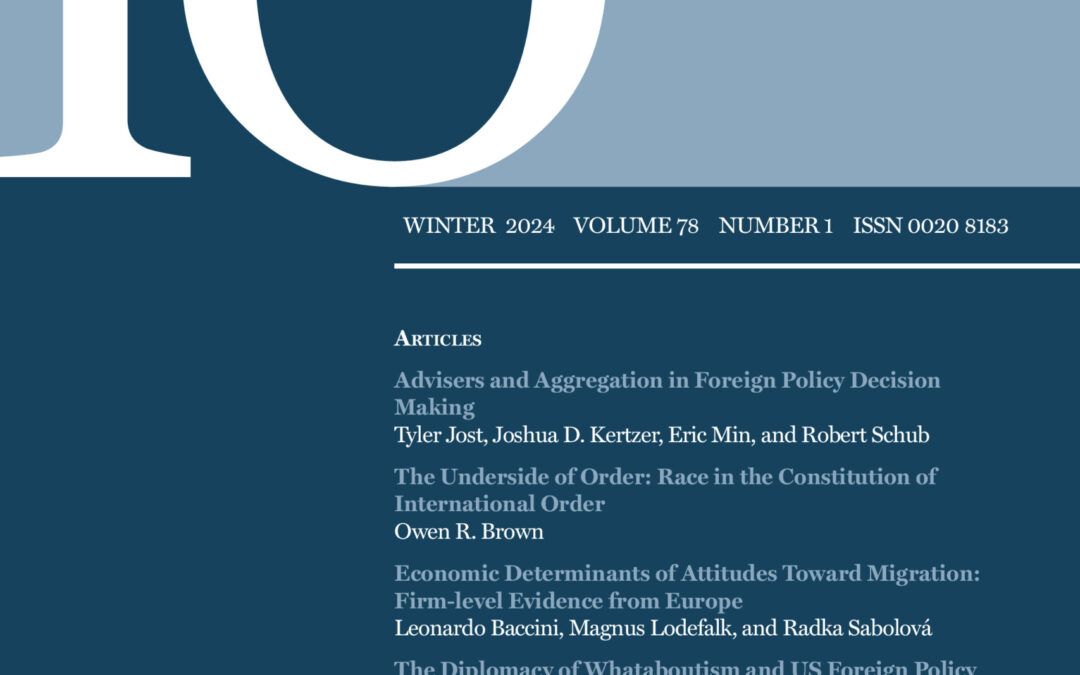

Does Whataboutism work? A new article has answers.
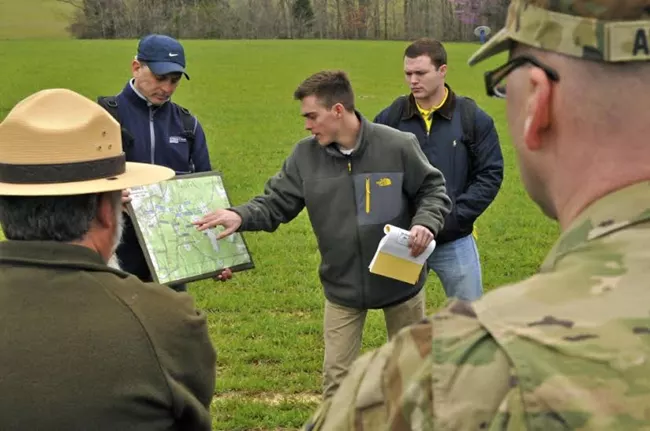
Over the past few decades, Political Science has seen an increasing institutionalization of Scholarship on Teaching and Learning (SoTL) through journals, book series, and professional associations....

What is the name of the book? Ches Thurber. 2021. Between Mao and Gandhi: The Social Roots of Civil Resistance. Cambridge: Cambridge University Press. What’s the argument? Variation in...
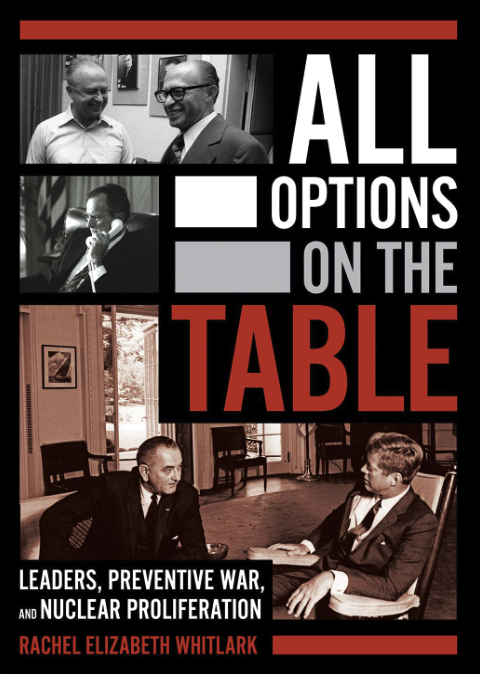
Our next Bridging the Gap Book Nook features Rachel Whitlark, an associate professor in the Sam Nunn School of International Affairs at the Georgia Institute of Technology. She discusses her recent...

The practice of maintaining a long-term, peacetime military presence in another state (or “sovereign basing”) only developed in the last century. Before World War II, a foreign military presence usually meant one of three things: occupation, colonization, or a wartime alliance. This changed radically in the years after 1945.
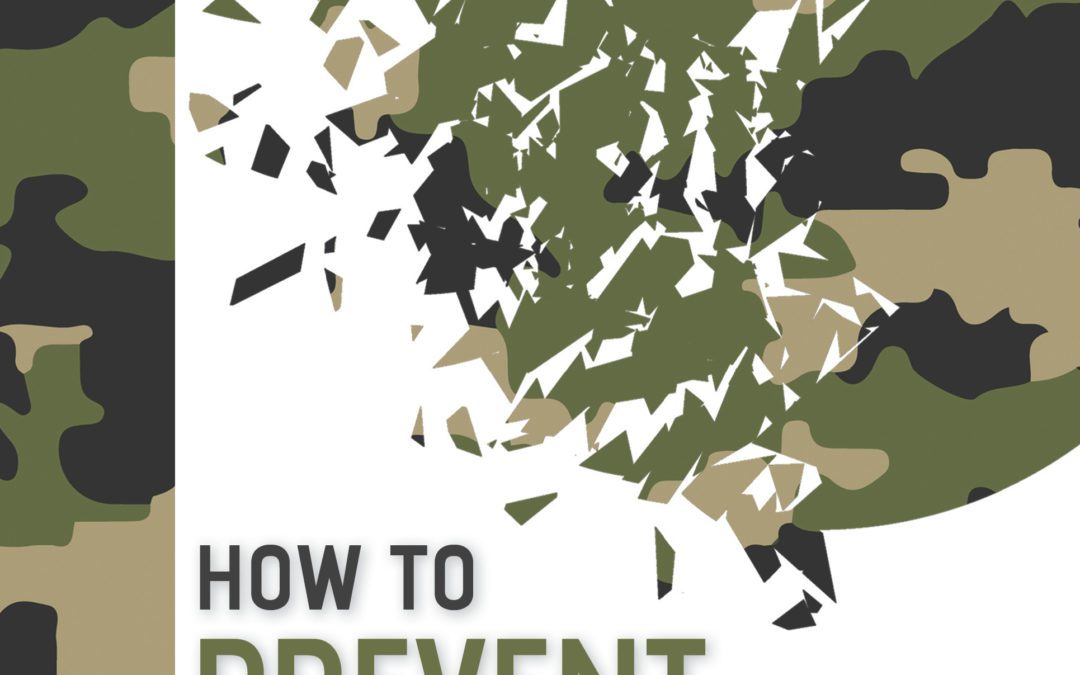
Coup d’états are less likely to succeed against rulers who “counterbalance” their militaries with presidential guards, militarized police, and other security forces outside of military command. But there may be downsides.
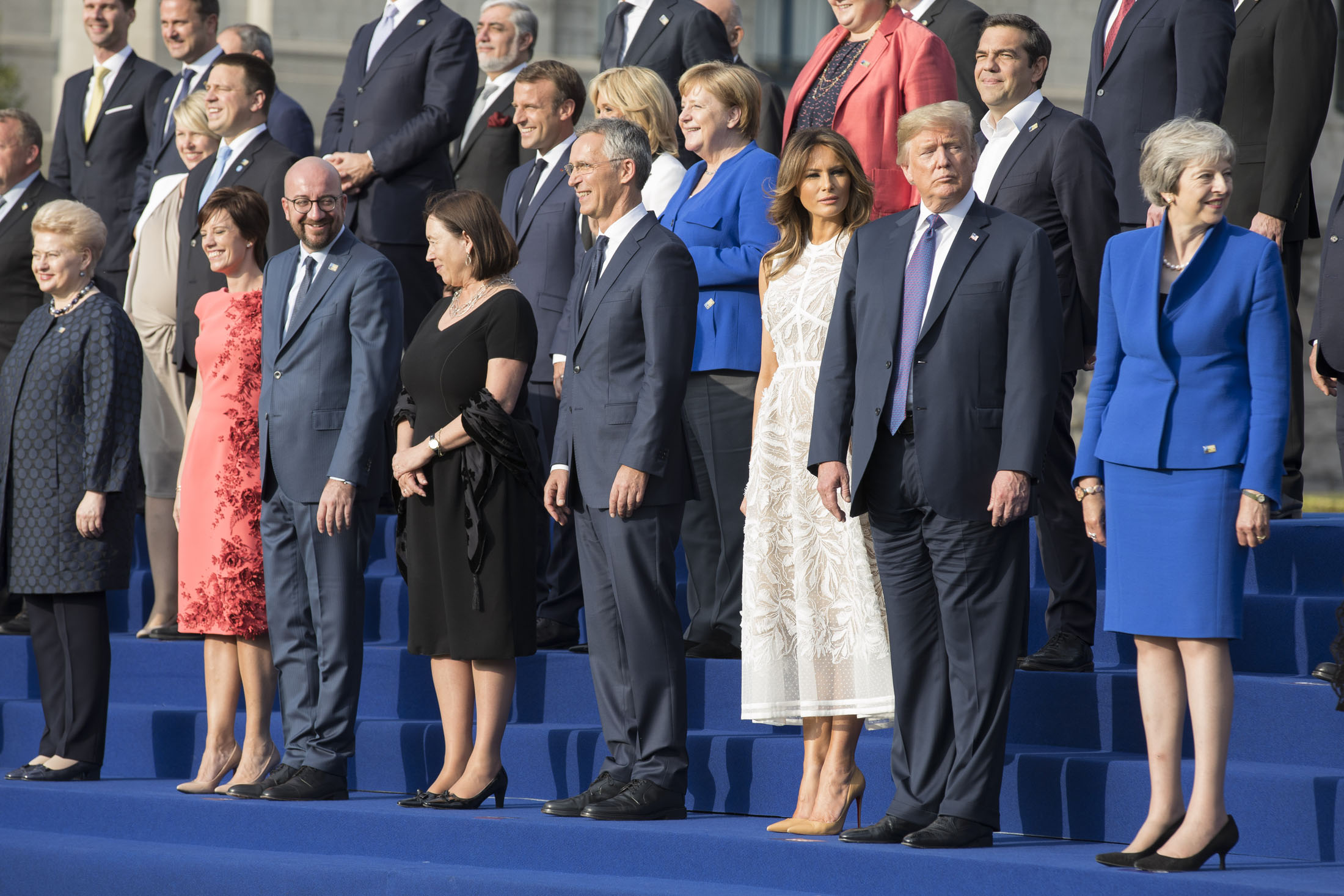
Not many know that Trump was on the verge of publicly announcing U.S. withdrawal from the alliance at the 2018 summit. Congress would have prevented a formal end to U.S. membership, but Trump’s announcement itself would have caused irreparable damage. Why then did Trump change his position on NATO in 2019? And why was NATO, at least in military terms, in better state when Trump left office than when he began his term?
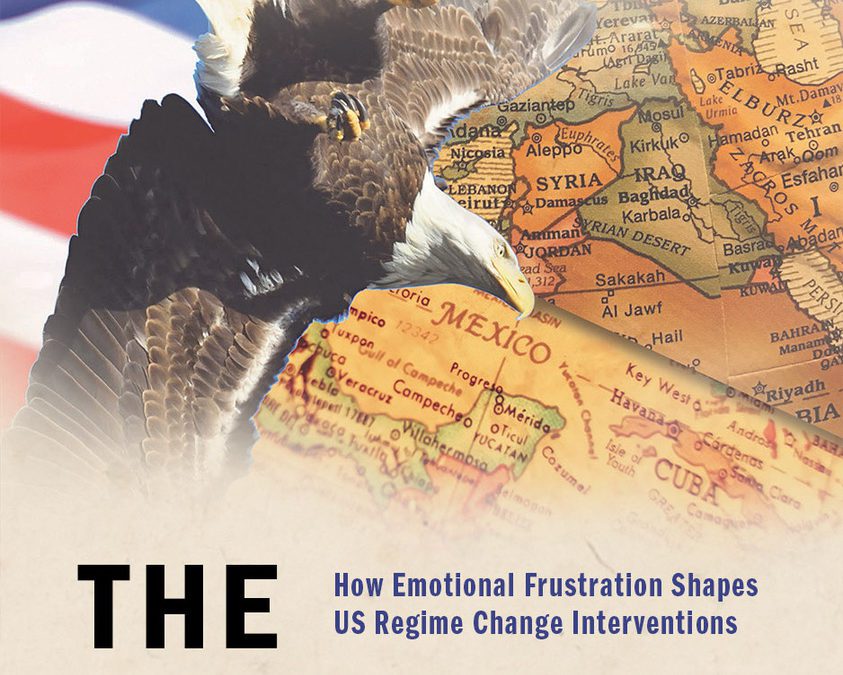
The United States has repeatedly used its military to overthrow foreign regimes – at least sixteen times from 1906 to 2011 – but these interventions seldom work out particularly well. So why does Washington continue to engage in violent regime change? The answer is that US leaders forcibly overthrow regimes to relieve emotional frustration.

Name Of The Book… And Its Coordinates? Jennifer D. Sciubba, ed. 2021. A Research Agenda for Political Demography (Cheltenham, UK and Northampton, Massachusetts, USA: Edward Elgar) What’s the Argument? We cannot understand contemporary international relations without understanding the demographic shifts going on around the world. Demographics – the characteristics of populations, such as age and location – are not just a backdrop for other, supposedly more important, forces. Population plays a key role in the outcomes of armed conflict, economic development, and political reform....
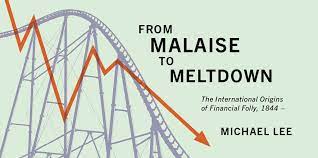
Financial hegemony brings with it substantial benefits, most notably reserve currency status. In order to successfully compete, rising powers need to lure financial institutions away from incumbent powers. They often try to make themselves more attractive to international finance by removing longstanding financial regulations.

WHAT’S THE NAME OF THE BOOK? Gregorio Bettiza. 2019. Finding Faith in Foreign Policy: Religion and American Diplomacy in a Postsecular World (New York, Oxford University Press) WHAT’S THE ARGUMENT? Since the end of the Cold War, American foreign policy has increasingly “desecularized,” such that it is now deeply intertwined with religious agendas, interests, and organizations. We see this trend in efforts to advance international religious freedom, mobilize faith-based actors for humanitarian and development purposes, fight global terrorism by promoting ‘moderate Islam,' and solve...

Name of the Book Justin Schon. 2020. Surviving the War in Syria: Survival Strategies in a Time of Conflict. (Cambridge: Cambridge University Press). What’s the Argument? Civilians in conflict zones face a range of threats and opportunities. They adopt survival strategies that reflect how they perceive those threats – where they come from, how severe they are, what options exist to respond to them – and what opportunities they believe are available to them. People with advantaged social status, wasta in Syria, typically see more opportunities to take action. The key thing is that they don’t...